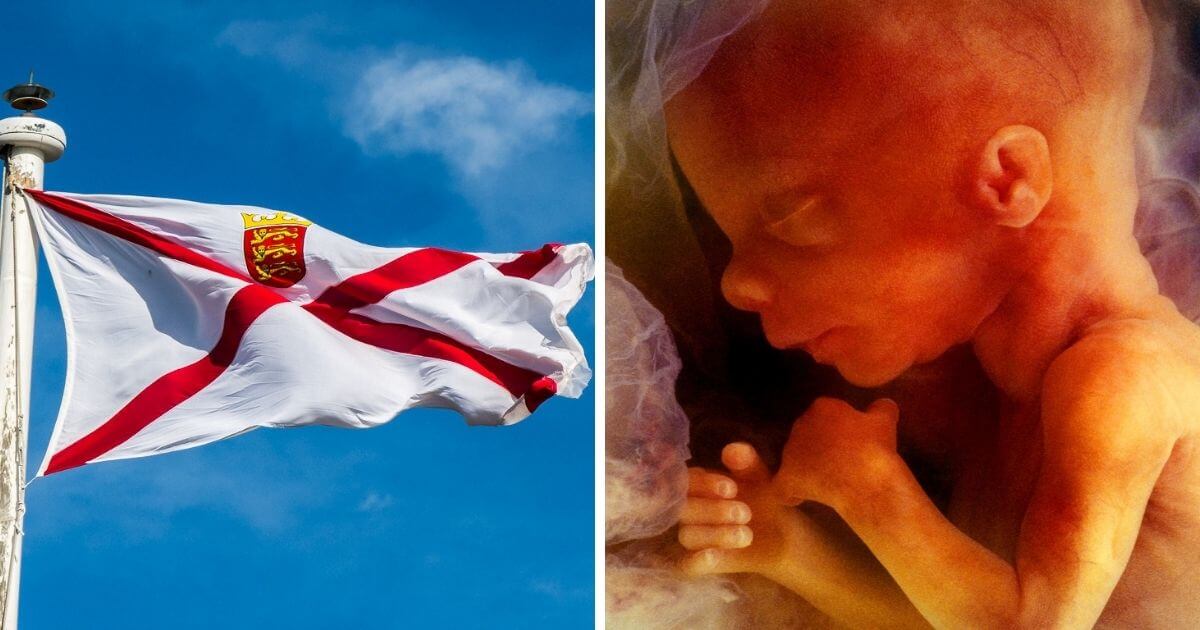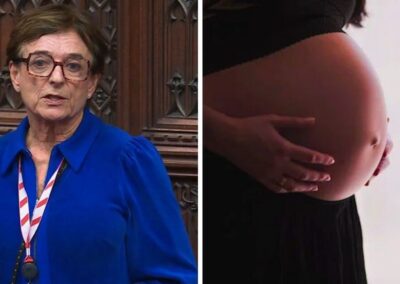Abortion statistics released by Public Health Jersey show that 260 lives were ended through abortion for the year 2023, an increase of 62.5% from 2014.
The figures show that in Jersey, there were a total of 260 abortions representing an increase of 20 (8.33%) from 2022, when there were 240 abortions and an increase of 62.5% compared with abortions in 2014, when there were 160 abortions.
The figures also reveal that there were 327 abortions per 1,000 live births in Jersey. According to Public Health Jersey, this is 77.72% higher than the average among European Union Countries, where there were 184 abortions per 1,000 live births in 2020-2021.
In addition, the statistics show that the abortion rate per 1,000 women aged 15-44 years was 13.9, an increase of 65.48% from 2014, when the abortion rate per 1,000 women aged 15-44 years was 8.4.
26.92% of all abortions were repeat abortions in which the woman had had at least one previous abortion, with 70 of the 260 abortions that were performed in 2023 being repeat abortions. This represents a 40% increase in repeat abortions compared to 2022, when there were 50 repeat abortions.
The three-year average abortion rate from 2021 to 2023 for children and teenagers aged under 20 years old was 10.8 per 1,000 women, the highest figure since 2009-11.
The report from Public Health Jersey states that the abortion numbers “have been rounded independently to the nearest 10”, so the total number of abortions recorded in each category could be higher.
Jersey abortion law is independent of the abortion law in England and Wales
Jersey is a Crown Dependency meaning that it is not part of the UK but rather a self-governing dependency of the Crown. This means that it makes its own abortion law which is unrelated to the Abortion Act 1967 and other Acts that set abortion law in England and Wales.
In 2023, the Minister for Health and Social Services in Jersey undertook a consultation into the abortion laws on the island, which included asking whether abortion should be made legal for any reason up to birth. It also consulted on whether to allow sex-selective abortion, whether to allow abortion on the grounds that a woman is pregnant with twins or triplets, and whether to remove all time limits in cases where the baby has a disability.
Despite 2023 having the highest number of abortions in Jersey since 2002, Jersey health minister Tom Binet said that he was looking to fast-track making changes to abortion law in Jersey in order to further expand access to abortion.
Spokesperson for Right To Life UK, Catherine Robinson, said “It is a terrible tragedy that 260 lives were lost to abortion in Jersey in 2023, a 62.5% increase from just nine years prior”.
“Every one of these abortions represents a failure to protect the lives of babies in the womb and a failure to offer full support to women with unplanned pregnancies”.
“Sadly, despite the increasing abortion numbers, last year, a consultation run by the Minister for Health and Social Services asked Islanders’ opinions on whether abortion should be made legal for any reason up to birth, and consulted on whether to allow sex-selective abortion, whether to allow abortion on the grounds that a woman is pregnant with twins or triplets, and whether to remove all time limits in cases where the baby has a disability”.
“These extreme proposals have no place in a humane society. We are calling on the Government of Jersey to reject these extreme proposals, and instead bring forward policies that will protect unborn children in the womb and provide more support for women facing unplanned pregnancies”.
“The number of lives lost to abortion is on the rise in Jersey, the Government should not be bringing forward proposals that will likely result in many more lives being lost to abortion”.











